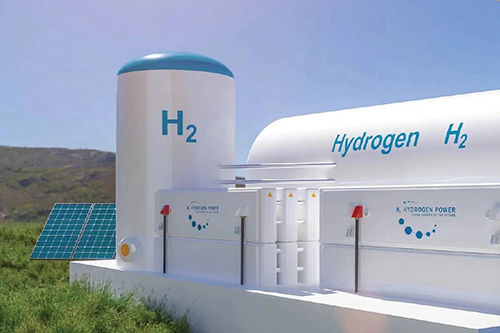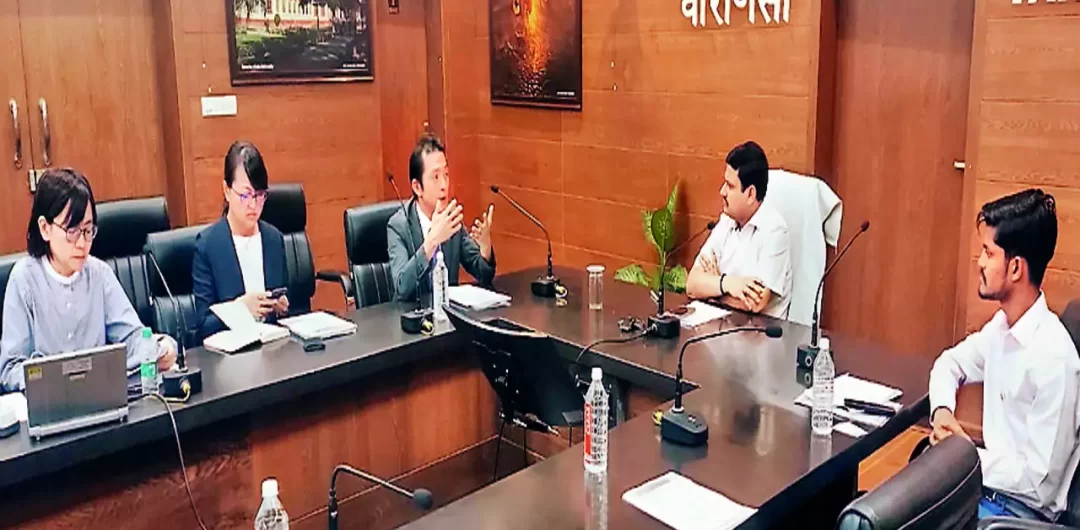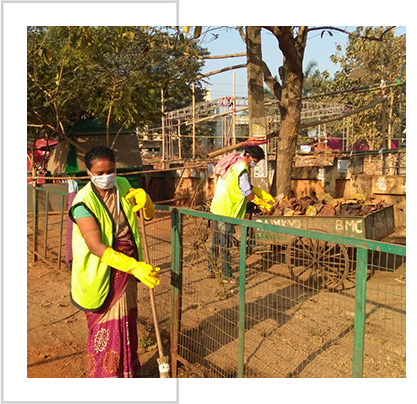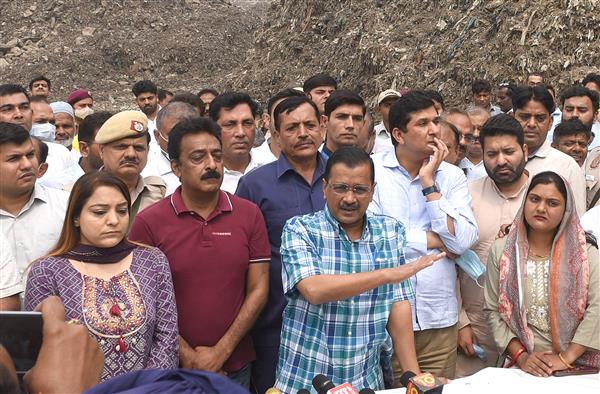Pune Municipal Corporation has roped in a private firm The Green Billions Ltd (TGBL), who will set up this plant. The sustainability solutions provider TGBL has entered into a 30-year-long agreement with PMC.
TGBL chairman and founder Prateek Kanakia said that this is India’s first attempt to extract hydrogen from waste. By the next year, the plant will treat 350 tonnes of solid garbage every day. “Our plan is to produce 10 tonnes of hydrogen daily from 350 tonnes of solid waste. We are setting up the plant at Hadapsar Industrial Estate in Pune. This is the first attempt in India to extract hydrogen from waste,” he added.
With an investment of Rs 350 crore in setting up the plant, the company will spend an additional Rs 82 crore to construct the storage facility and logistics support. Pune Municipal Corporation will provide Rs 347 per tonne to TGBL as tipping fee to treat the waste. The first 10 tonne reactor will be installed by November 2023 and the target to complete the entire plant is November 2024, Kanakia said.
TGBL as tipping fee to treat the waste. The first 10 tonne reactor will be installed by November 2023 and the target to complete the entire plant is November 2024, Kanakia said.
As per PMC officials, Broadcast Engineering Consultants India Limited (BECIL), a central public sector enterprise, will provide project management consulting and Variate Pune Waste to Energy Pvt Ltd, a wholly- owned subsidiary of TGBL, will implement the project of converting Pune’s municipal non-recyclable waste into hydrogen.
“The refuse derived fuel from the waste will be utilised to generate hydrogen using plasma gasification technology. We got technological support from the Bhabha Atomic Research Institute and the Indian Institute of Science, Bengaluru,” Kanakia said.
The project aims to demonstrate the technological and financial feasibility of waste to hydrogen generation, he added. The waste will comprise biodegradable, non-biodegradable and domestic hazardous waste and will be segregated at the TGBL facility in Pune using optical sensor technology. The wet waste from the facility will be used to generate humic acid-rich bio-fertilisers considered better than conventional bio-fertilisers with low carbon emissions.
Union Minister for Road Transport and Highways, Nitin Gadkari recently said that hydrogen is the fuel of the future and can be got from municipal waste. With the Government of India strongly focusing on hydrogen adoption, such projects will not only help India achieve decarbonisation goals but will also reduce emissions from waste disposal. Once achieved, the goals will help India realise its vision of Swachh Bharat and match its hydrogen ambitions.
Kanakia said that TGBL is discussing with other state municipalities across the country to implement and set up similar plants in the future.
“We are looking at partnering with cash rich municipal corporations anywhere in India. In fact, we want to join hands with Guwahati Municipal Corporation under a public-private-partnership model,” he added.





